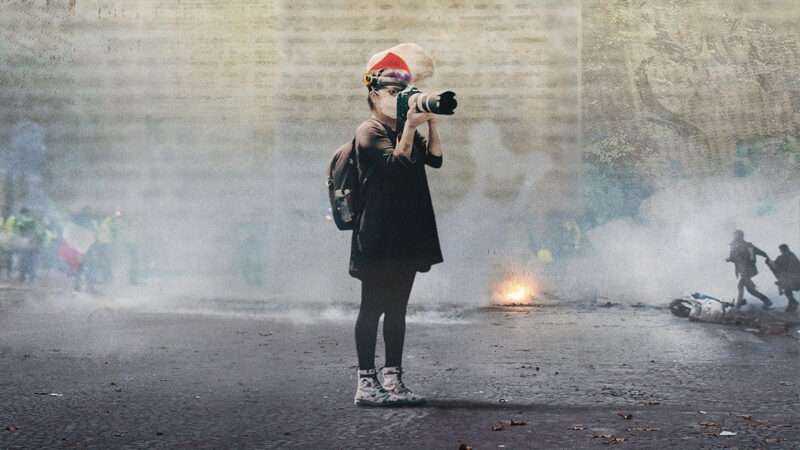
In Belarus, the government imprisons journalists for covering opposition politicians. In Mexico, more than 100 journalists have been murdered since 2000; nearly all those cases remain unsolved. In the United States, a British reporter is unnerved by encounters with hostile Donald Trump supporters.
One of these things is not like the others. In the HBO documentary Endangered, directors Heidi Ewing and Rachel Grady nevertheless present them all as evidence of the hazards that reporters and photographers face today, even in "democratic countries where freedom of the press has historically been considered a 'given.'"
Some of the incidents in the United States are worse than harsh criticism. But the key question is what happens next.
The CNN employees who were arrested while covering a 2020 protest against police brutality in Minneapolis, for example, were released an hour later with apologies from the governor. The MAGA men who assaulted reporters or damaged their equipment during the January 6 Capitol riot were prosecuted for those crimes. That's a far cry from the situation in the "autocratic states" that Ewing and Grady suggest the U.S. is beginning to resemble.
Joel Simon, former executive director of the Committee to Protect Journalists, does not help clarify matters. He describes a "profound crisis" that includes the "collapse of local media" and a "lack of public confidence in journalism," phenomena that he lumps in with government-backed violence. The interview encapsulates the way that Endangered muddies important distinctions in service of a provocative but dubious thesis.
The post Review: <i>Endangered</i> Documentary Exaggerates Threats to U.S. Journalists appeared first on Reason.com.







